
A Sentry-funded study suggests hospitals want high-tech solutions for a serious problem.

A Sentry-funded study suggests hospitals want high-tech solutions for a serious problem.
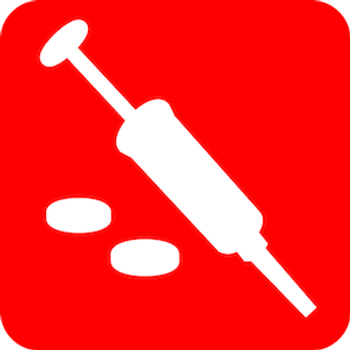
Investigators analyzed 91 studies to develop a framework for future research.
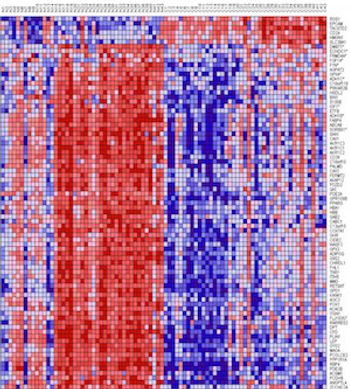
Healthcare must adapt to the new way in which risk factors present, according to a UPMC expert.
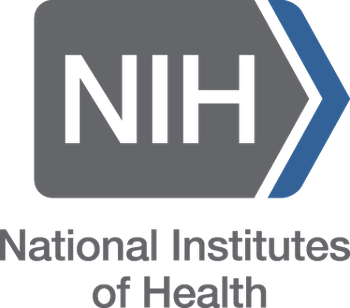
The 4-year program aims to spur collaboration to advance biomedical research.

Researchers performed the analysis using long-term data from 66 patients.
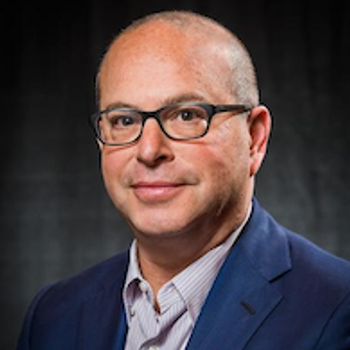
A UPMC biomedical informatics professor outlines 4 steps healthcare orgs can take now.

3 barriers that hospitals must break down. It's not all about the money.
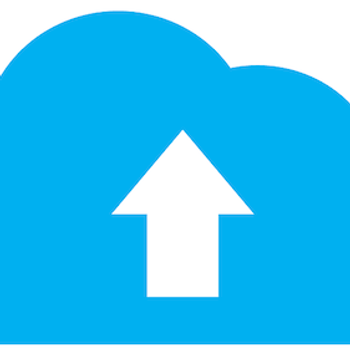
It's time, experts said, for executives and employees to adapt.

A study of diabetes diagnoses and long-term health points to the numbers' softer side.

How diagnoses can progress from the "19th-century Oslerian blueprint."

“They’re only hypothetical in the sense that we haven’t had a catastrophic event yet. But we will.”

From 620,000 tweets, machine learning identified nearly 1,800 sales pitches for the deadly drugs.

“Overall, at the general population level, I've been actually surprised as to how well people understand it."
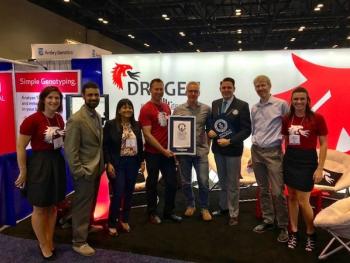
Children’s Hospital of Philadelphia and the next-generation sequencing firm analyzed 1,000 genomes in under 3 hours.

"We don't know how much of the care the patients get out of our system. How complete is our predictive ability?

Predictive analytics are powerful, they’re everywhere, and they can be meaningless if not designed with a purpose.

The powerhouse team wants to use data to help patients and providers.

The Integrated Health Model Initiative aspires to improve data practices to strengthen care.
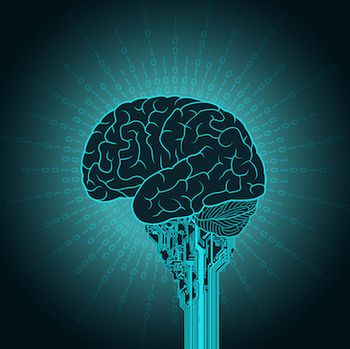
Data scientists, doctors, and marketing departments disagree on the potential of artifical intelligence for medicine.
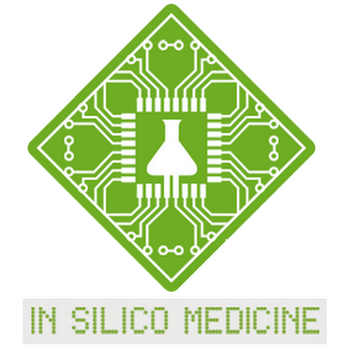
“In theory, the methodology could apply to any medical conditions, as long as we could have enough training data.”
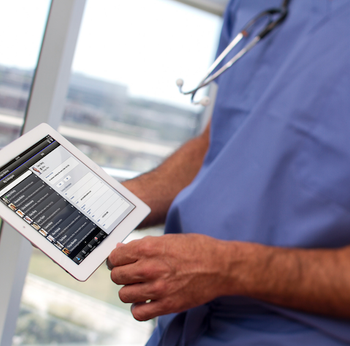
A study found ophthalmologists spent 3.7 hours per day in the system.
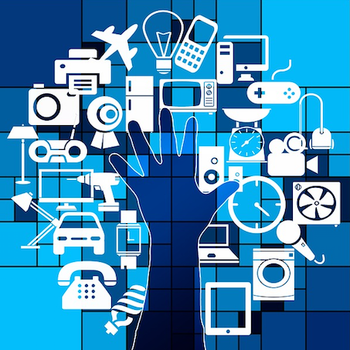
How they hope to safeguard patient information on the Internet of Medical Things.

What about the human-like computer made veterans more likely to discuss PTSD symptoms?
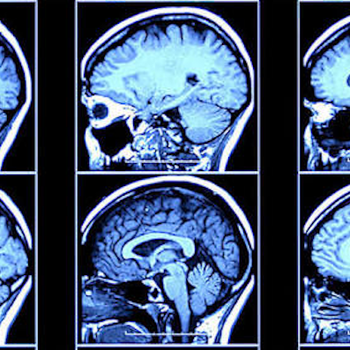
A new study of brain imaging results reiterates the need to focus on gathering quality information.

Researchers used whole genome sequencing to identify a genetic signature for the disorder.